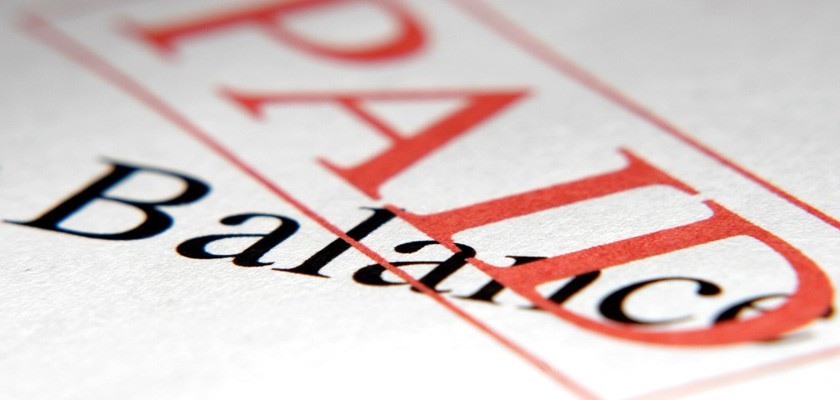Applying for a loan doesn’t come without extra costs. And if you think that the added costs will only happen in the form of interest rate, then you are wrong. Many lenders out there usually enforce some form of fees just for borrowing funds from them.
This is the primary reason why you need to read and understand the loan terms before you proceed to apply for it. Furthermore, many people hate the idea of living with debt, and they will do everything possible to pay off the loan as early as possible.
You may choose to make multiple payments in each billing cycle or larger monthly payments. A few borrowers will even decide to pay off the loan in one lump sum a few months later.
But, the big question is, what happens when you pay off your credit early? Although paying off your debt early may seem like something good to do, there are a few things that you need to know before you decide to take such a decision.
What Should You Do Before You Pay Off Your Personal Loan Early?
Before you start making the extra payments or pay off your personal loan in a lump sum, it is good to go over your loan agreement and be sure to check out for any prepayment penalty.
The prepayment penalty is a fee that the lender can enforce if you decide to pay off your loan before the end of its term. The primary reason why lenders have put in place this fee is to help them recoup some of the interest that they would otherwise lose.
Keep in mind that interest is the biggest moneymaker for loan providers. Therefore, if you pay off your credit early, it means that the lender won’t make much profit and that could affect the business model.
However, not all lenders have a prepayment penalty, but most of them do. Sometimes, you can talk to the lender and explain why you intend to clear the loan early so that he/she doesn’t enforce the early payment penalty.
Tax Implications
It is also good to mention that some loans such as mortgages and federal student loans usually have tax advantages that will be lost if you pay off your loan early. The interest paid on such loans is tax deductible and sometimes, paying them off early can be a bad idea.
Make sure that you talk to a tax advisor about the potential tax implications of repaying your loan early before you proceed with the move.
If the tax savings outweigh the amount that you will save on interest, it may be good to avoid paying off the loan early. All you have to do is weigh the pros against the cons before you make up your mind.
Can Paying Off a Loan Early Affect Your Credit Score?
Once you pay off your loan, the lender will close your account which can cause a slight dip in your credit score. You need open and active accounts to improve your credit rating.
Although you may avoid the interest rate, a drop in your credit rating may hurt your chances of getting approved for another low-interest loan in the future.













Comments